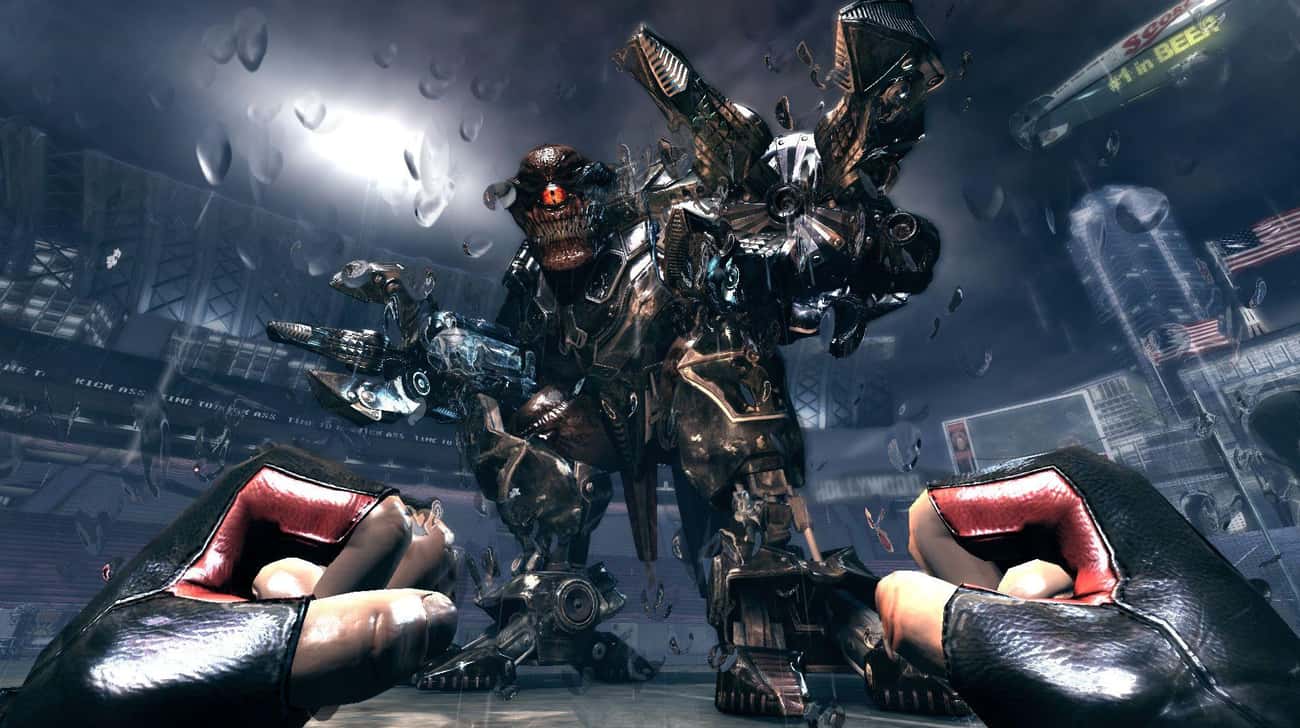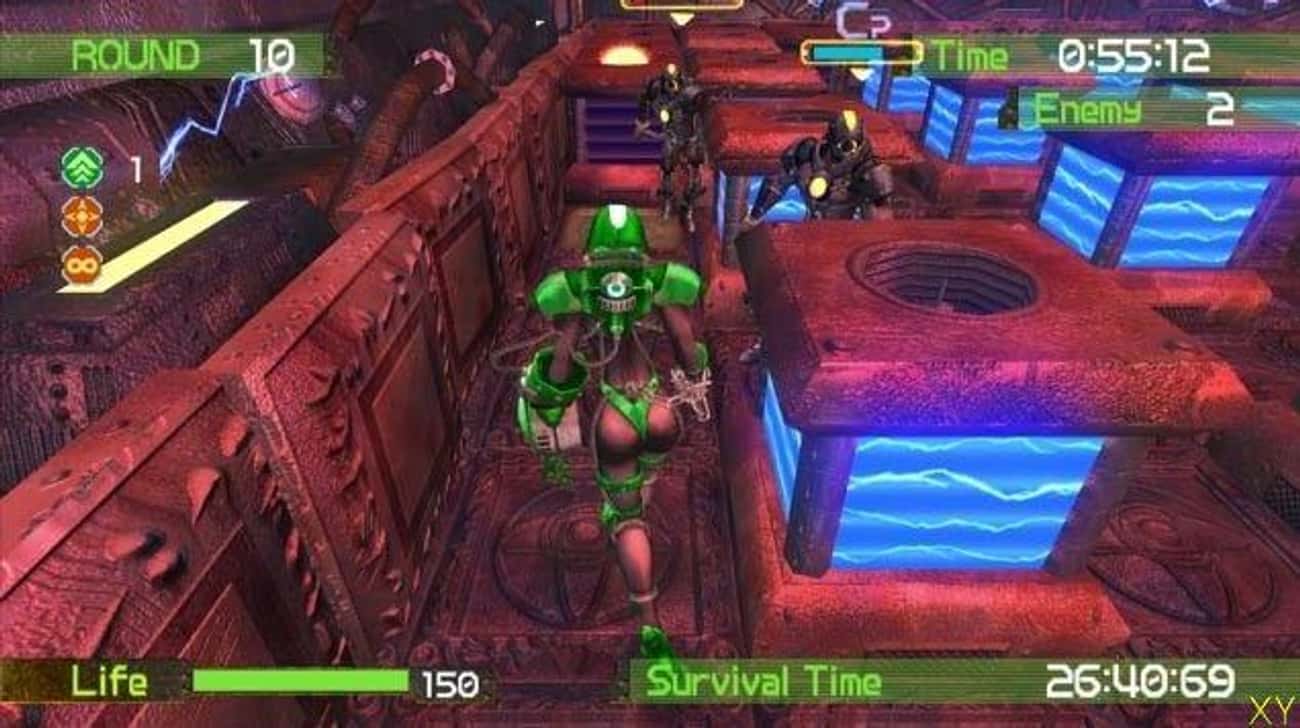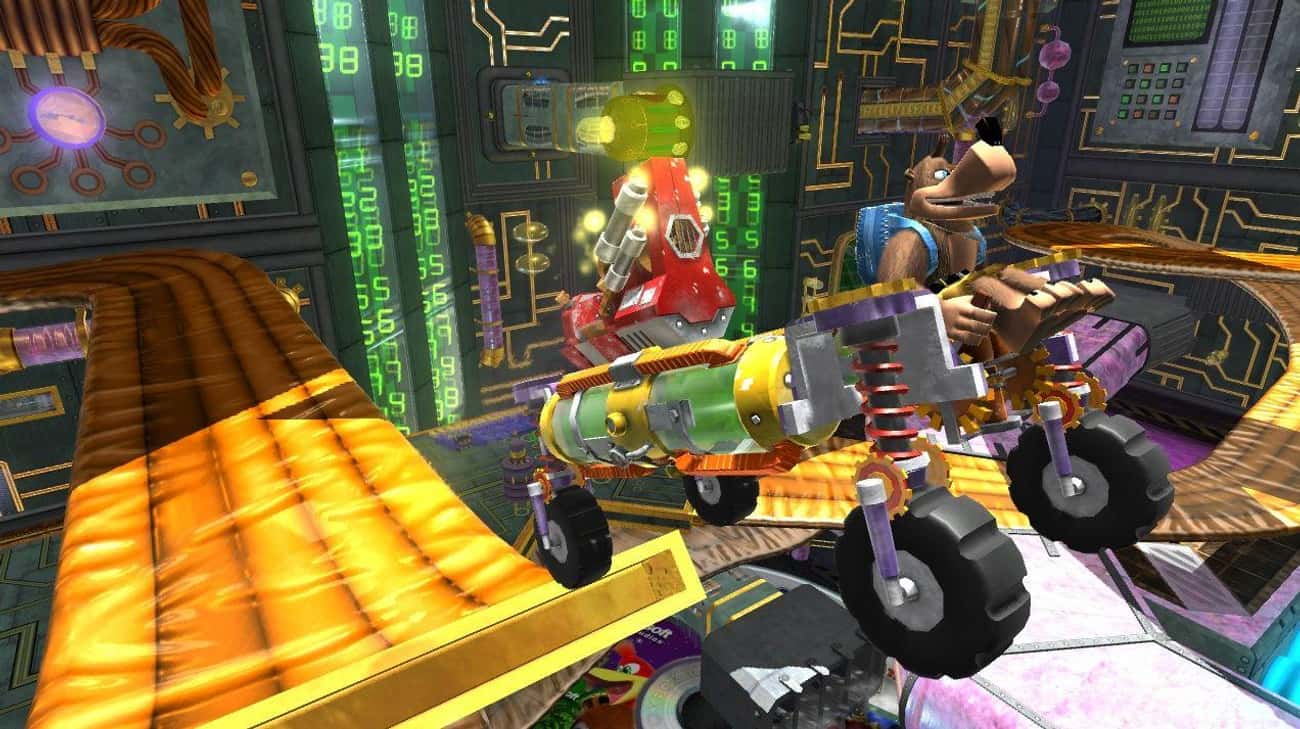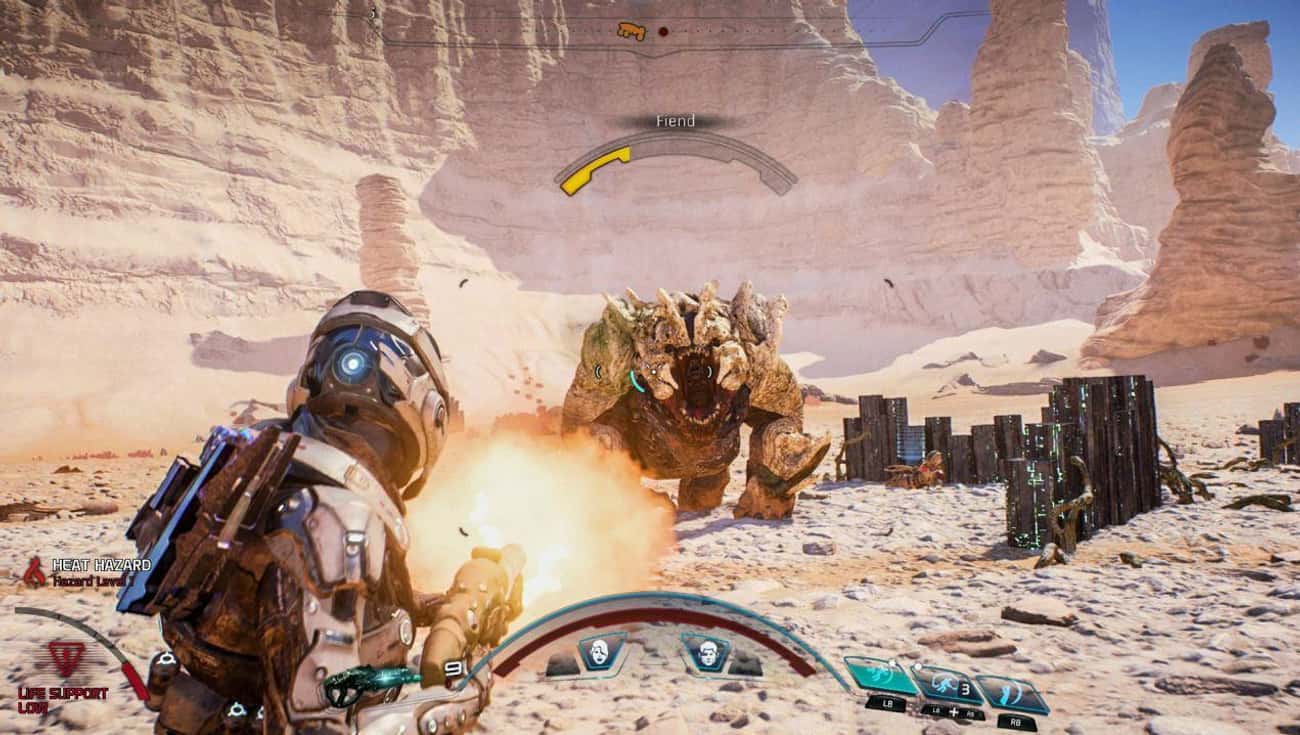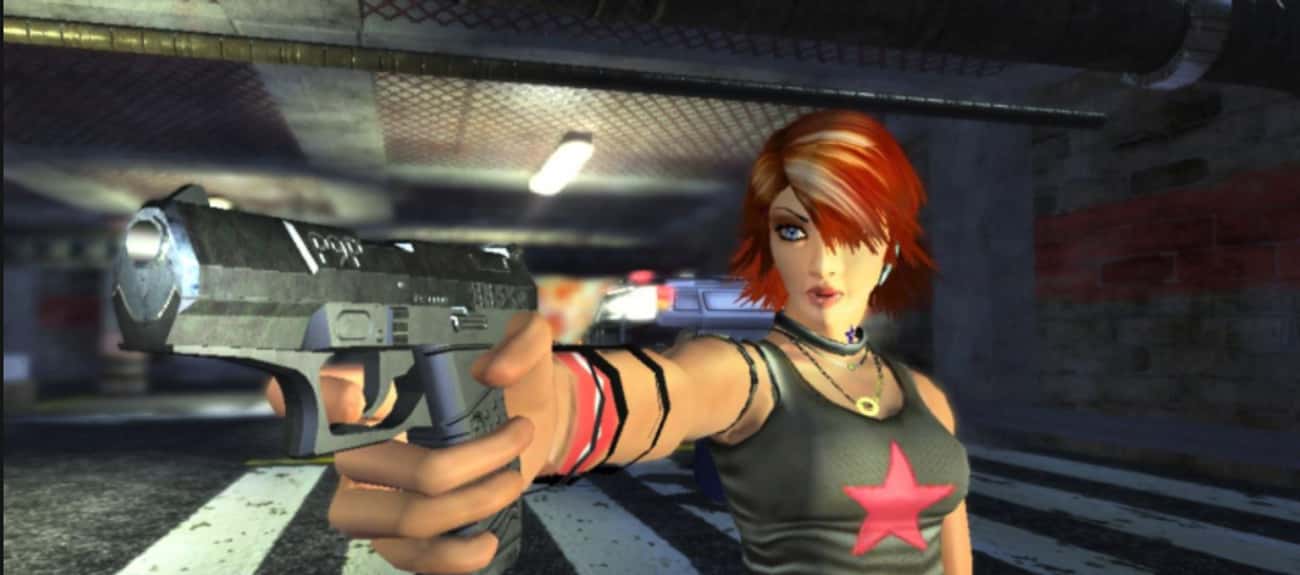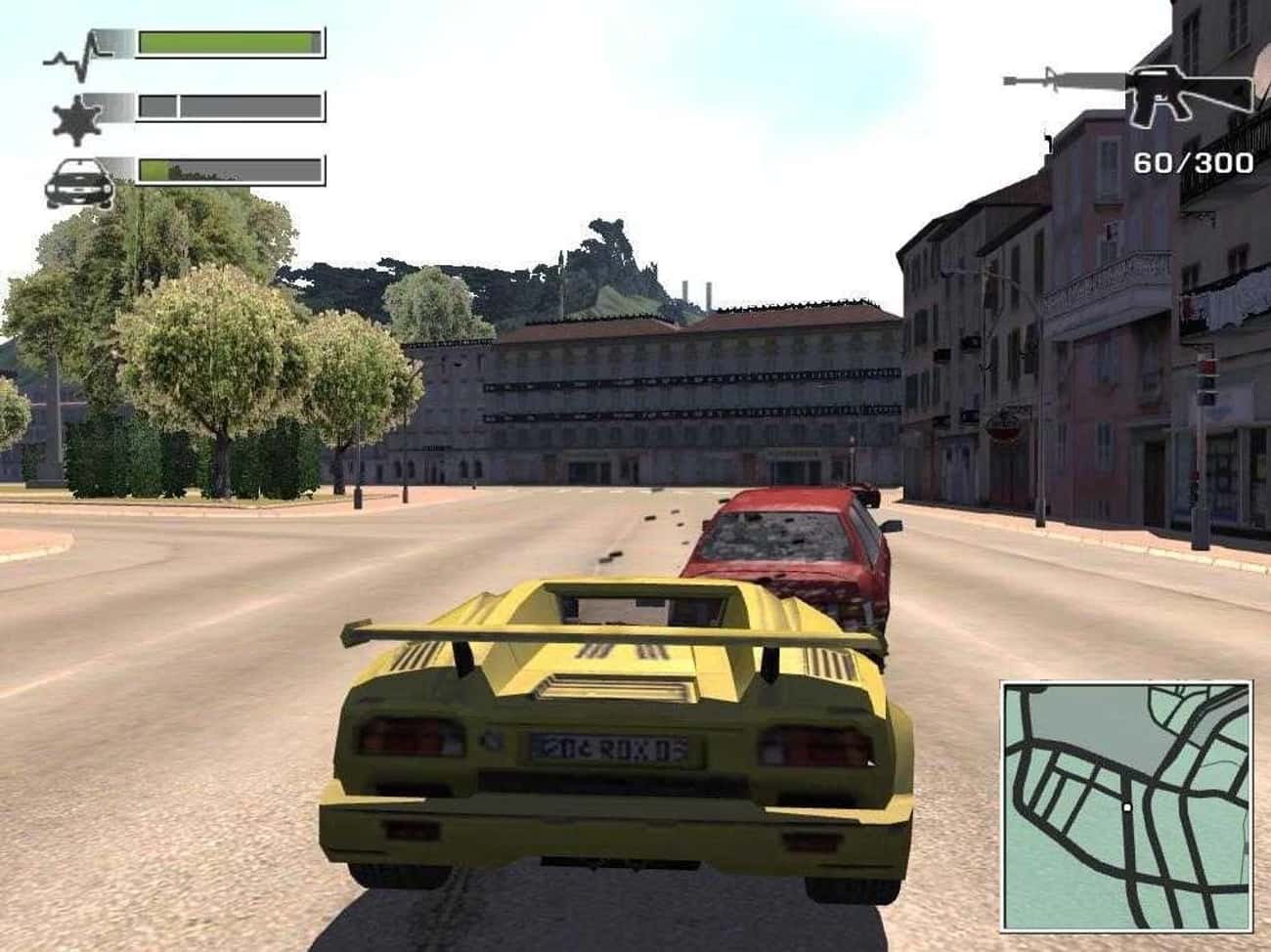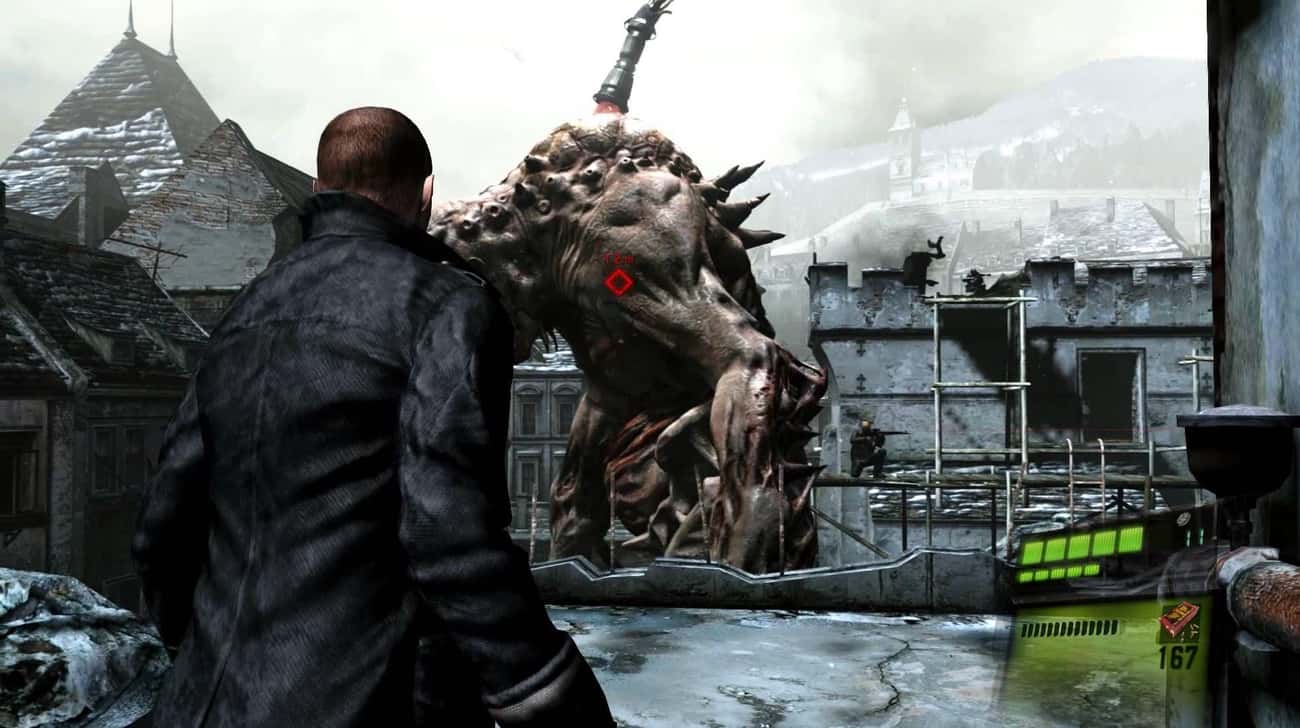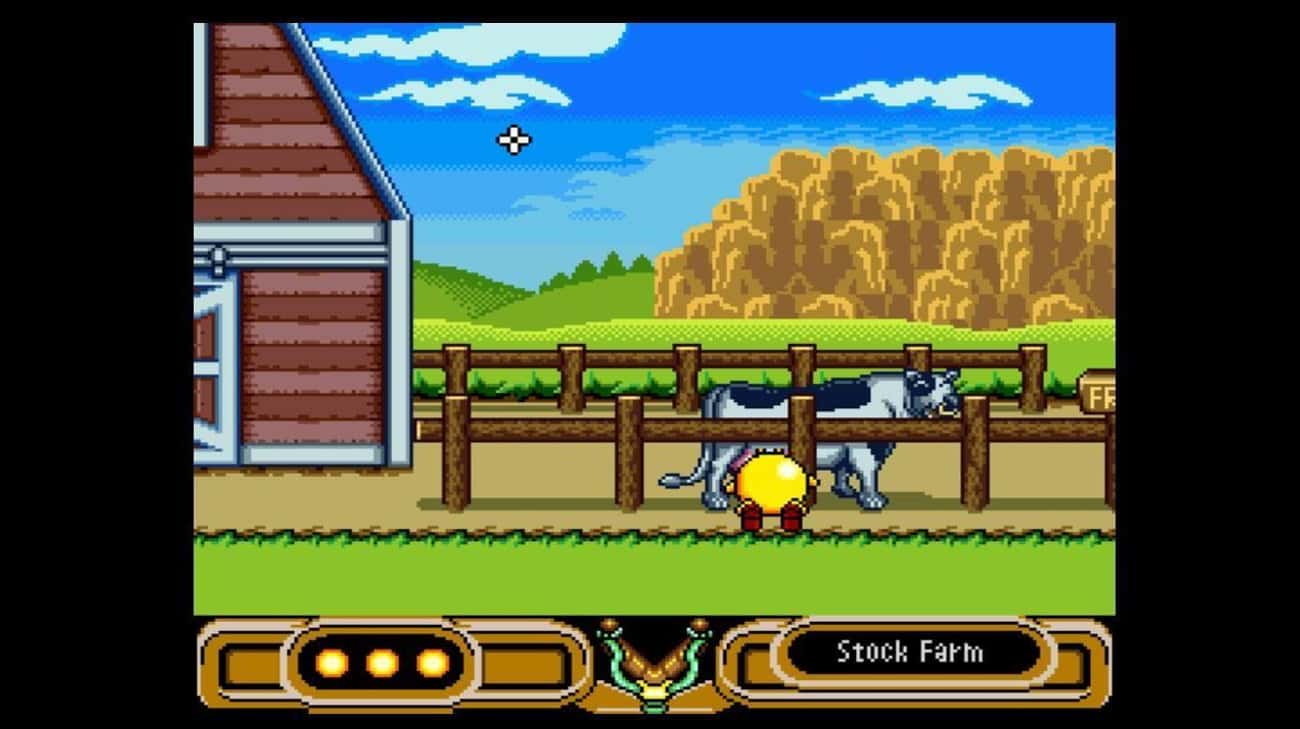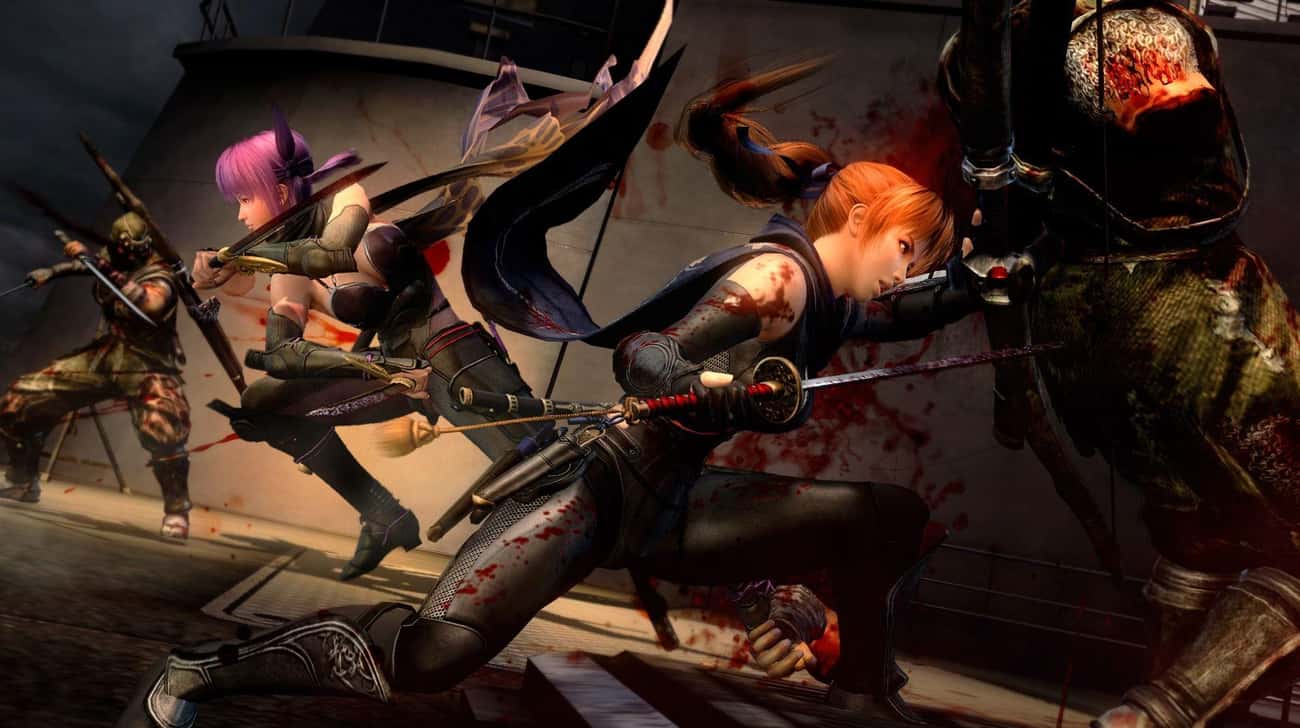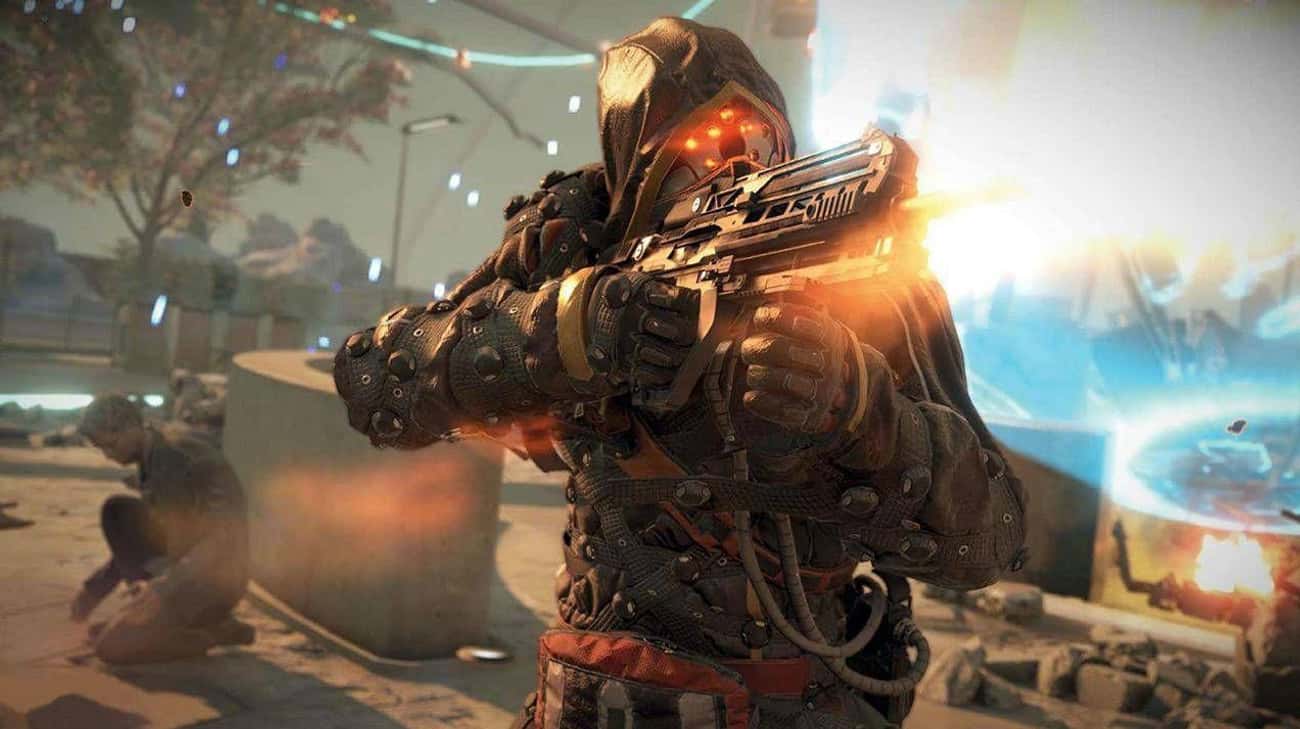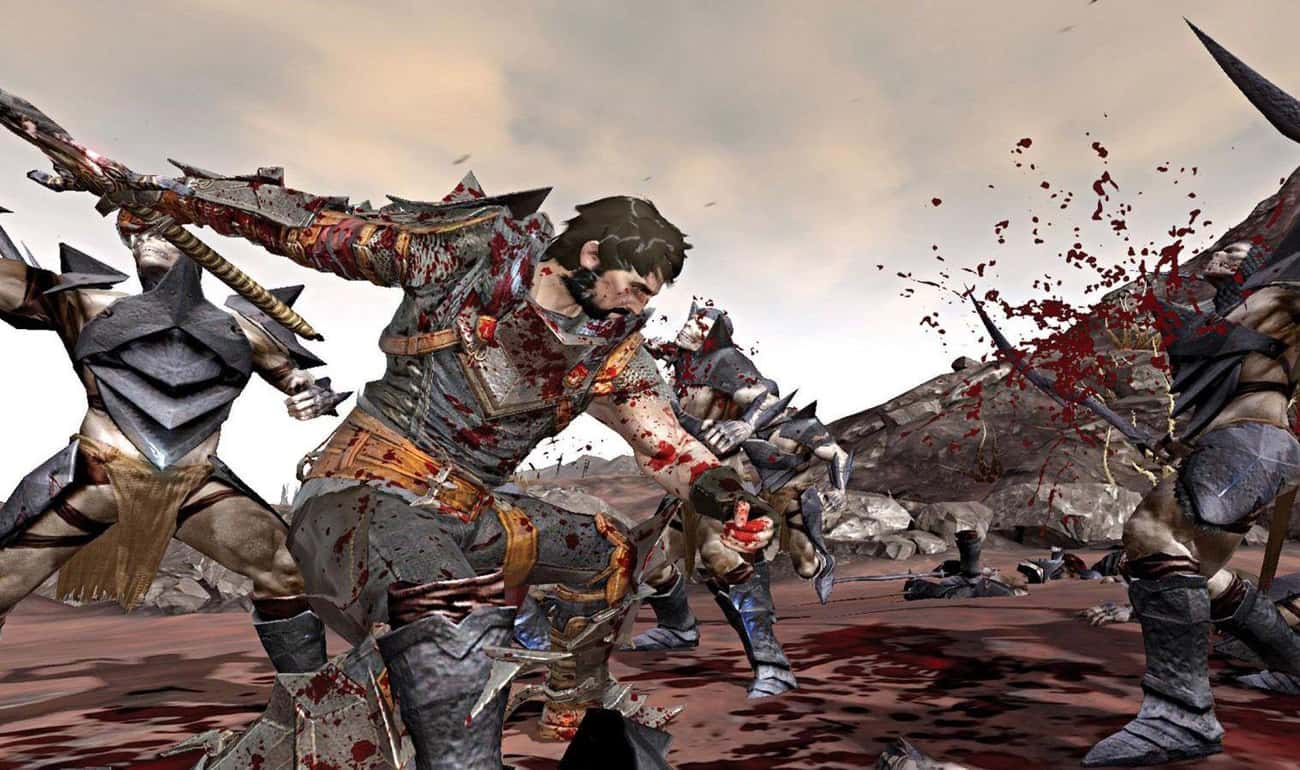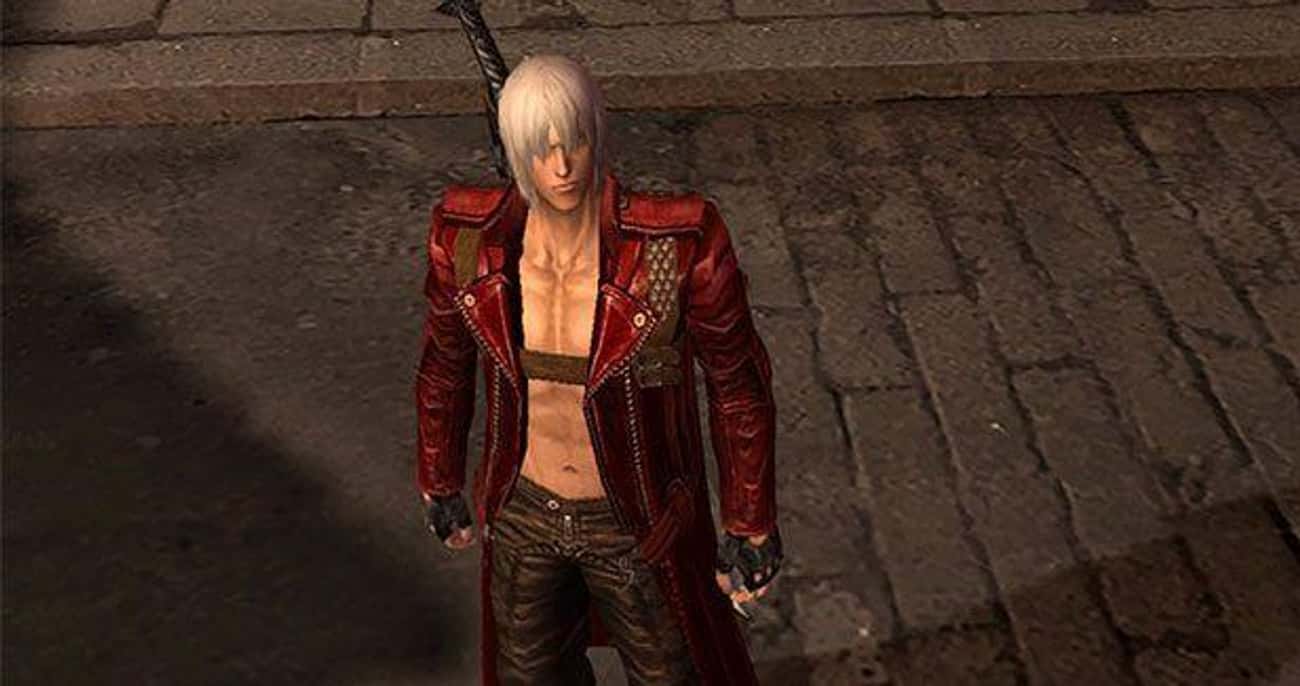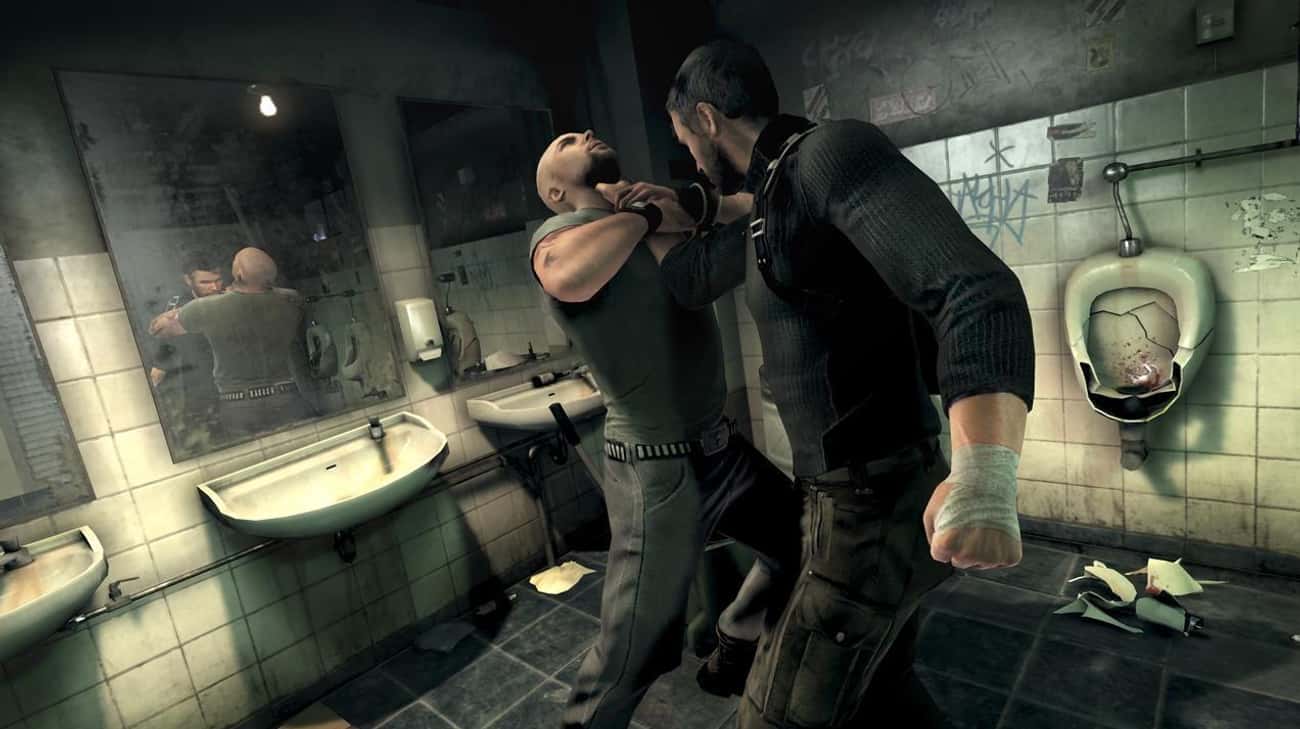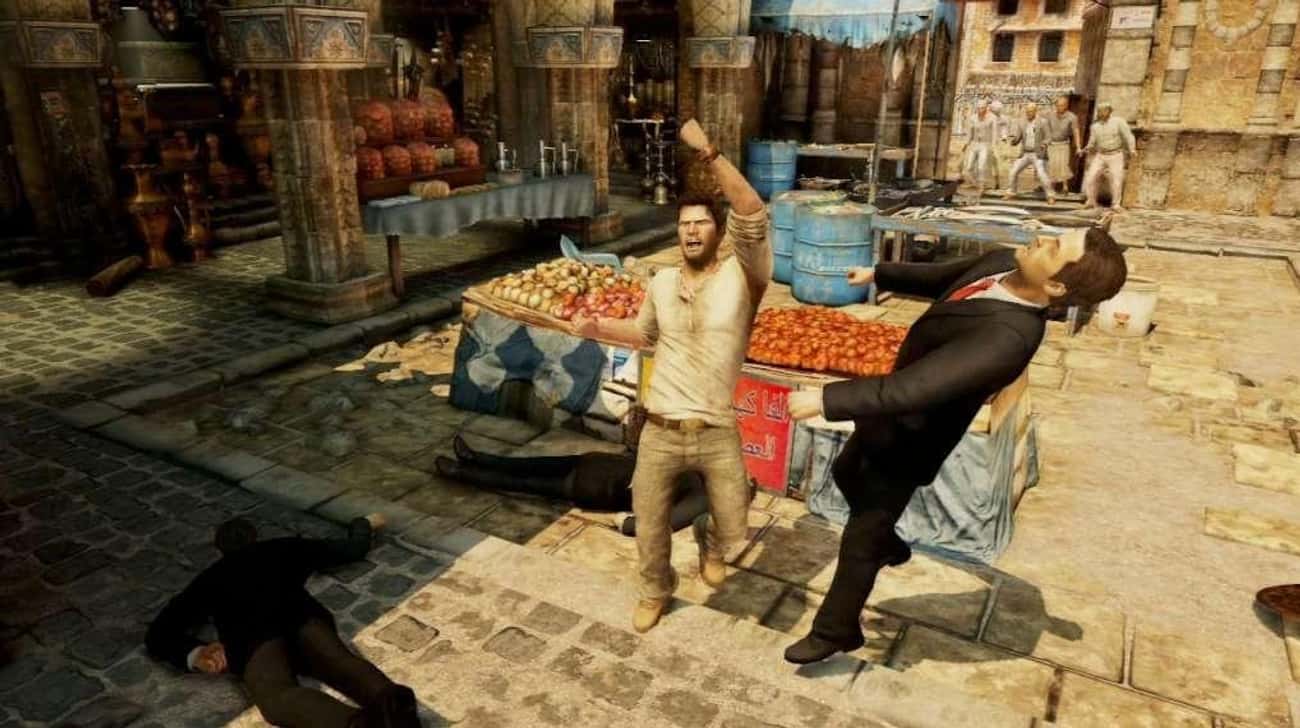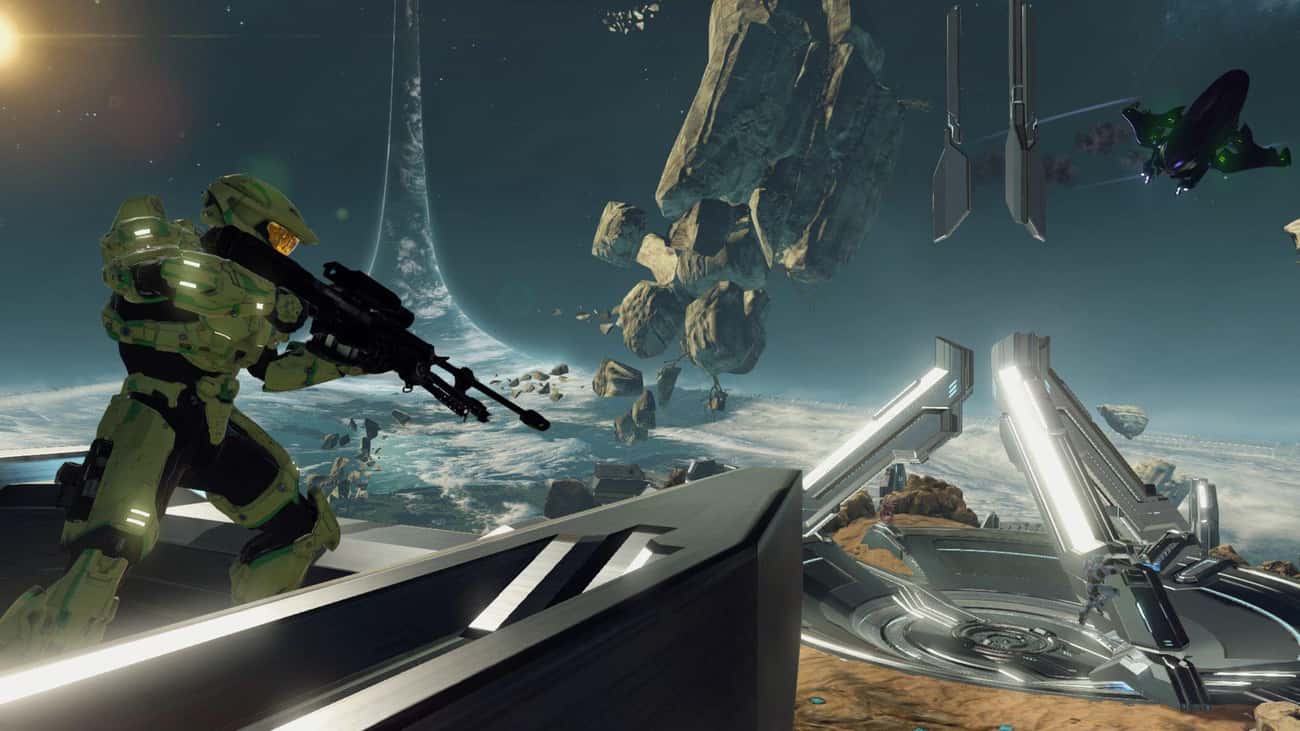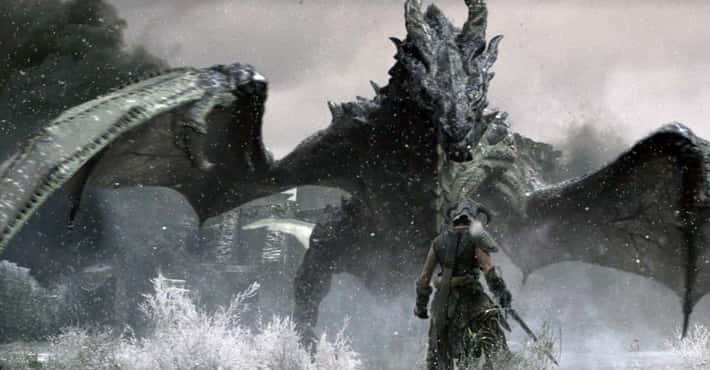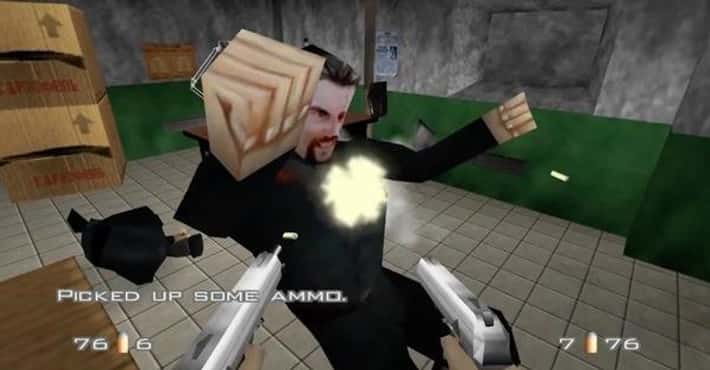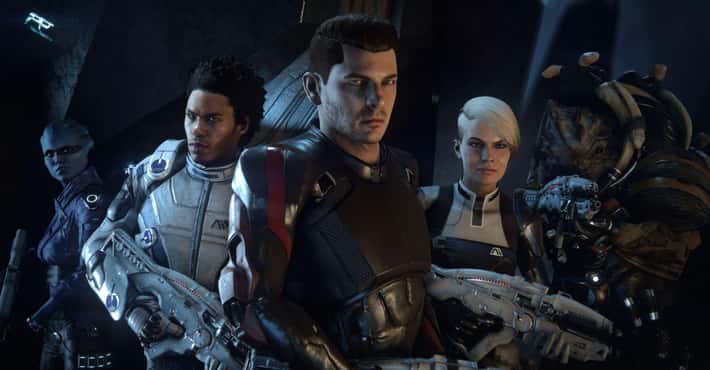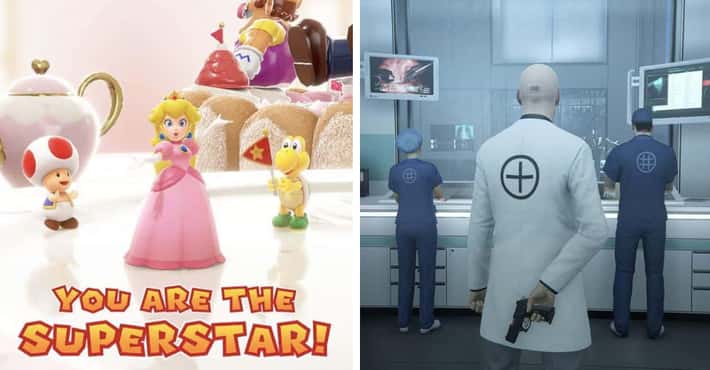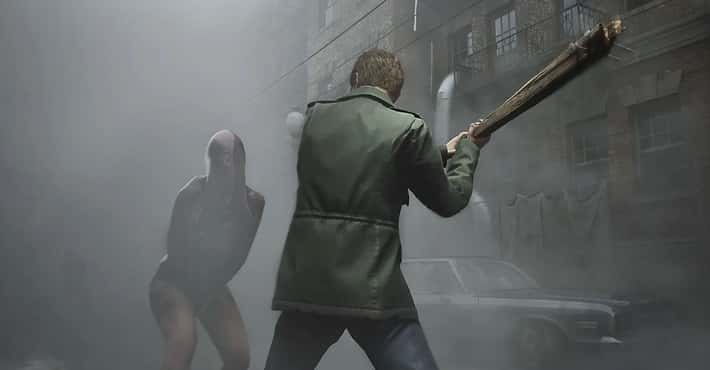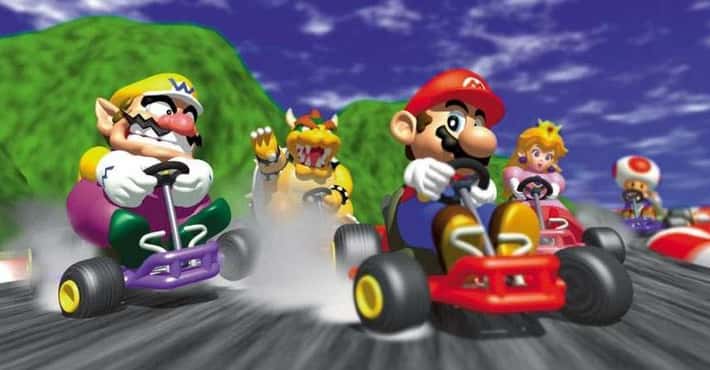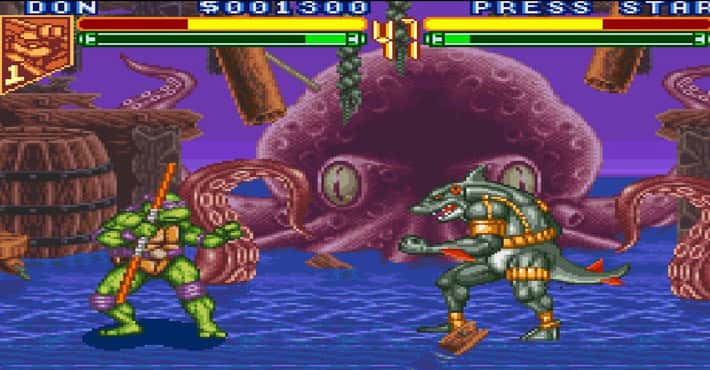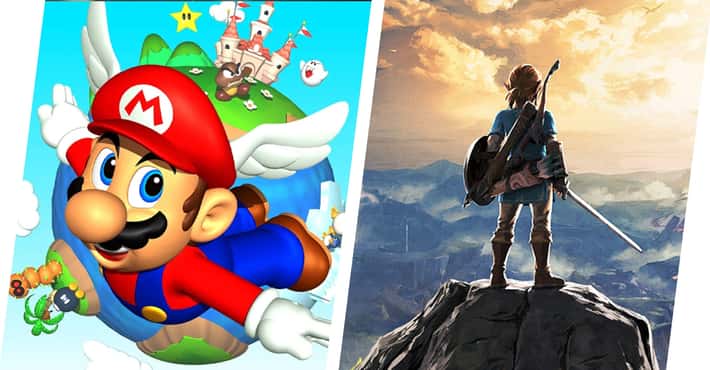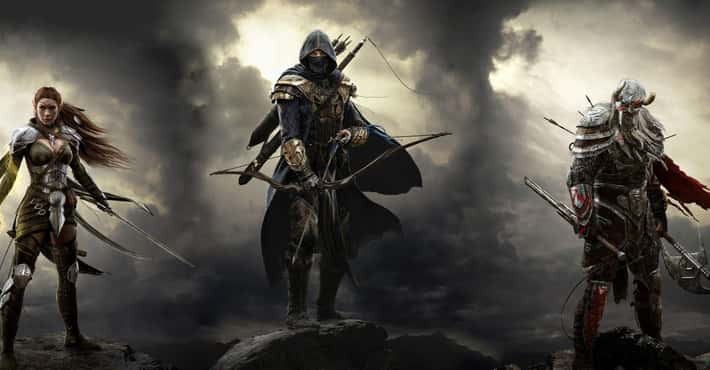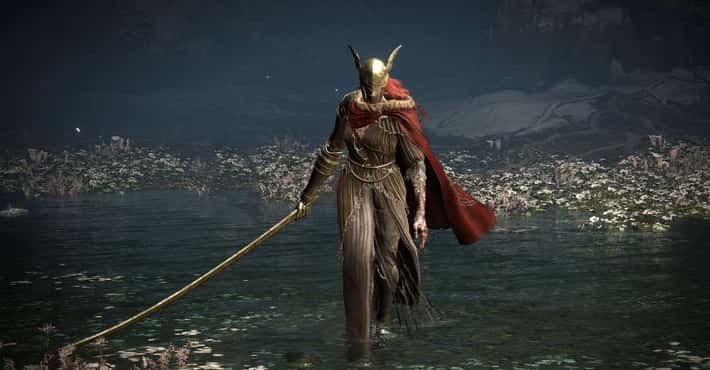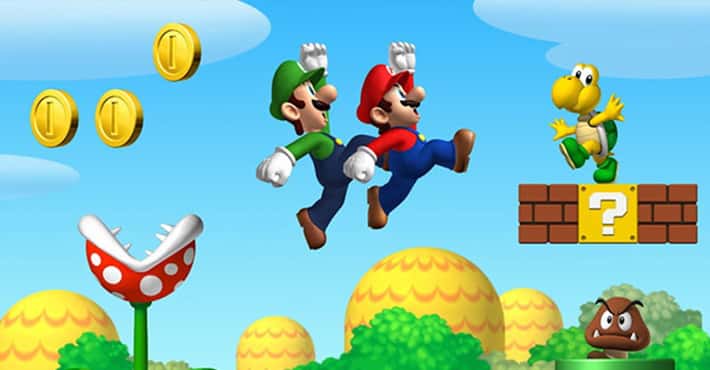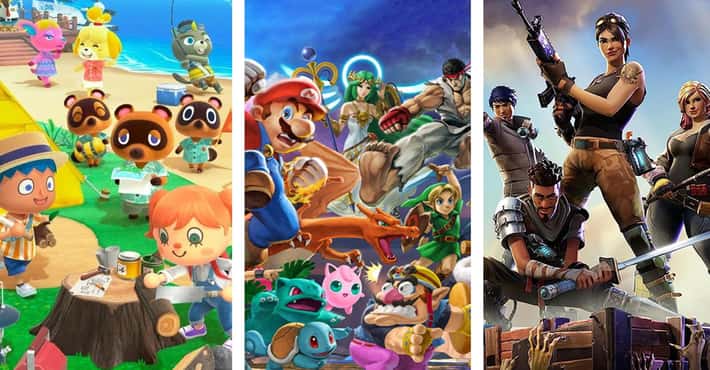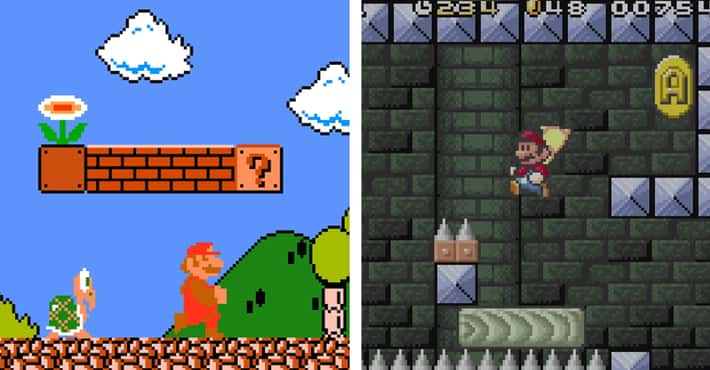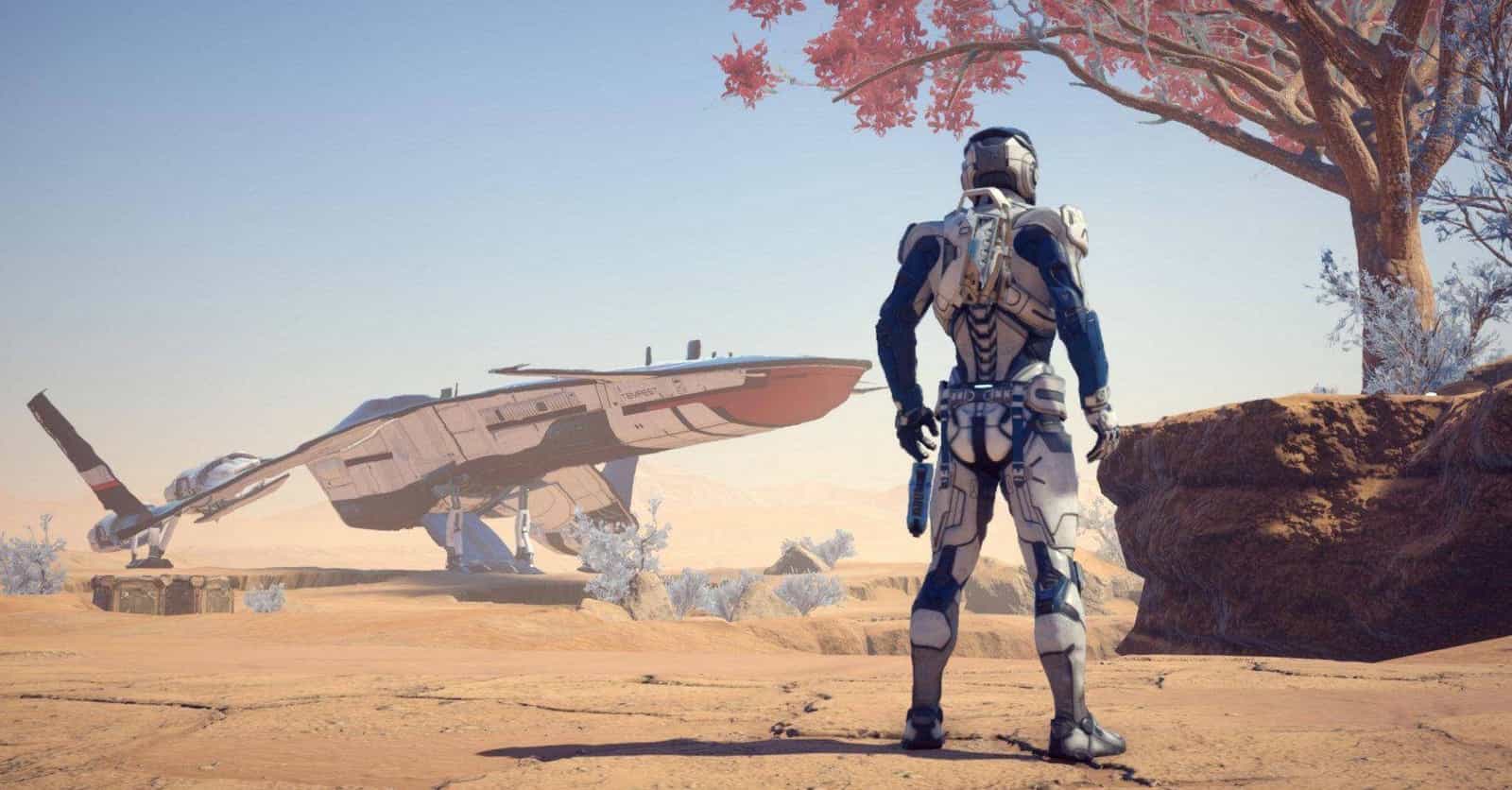
The Most Disappointing Video Game Sequels Ever
- Photo: Duke Nukem Forever / 2K Games
There was basically no way that Duke Nukem Forever could have been anything but a disappointment. A 15 year development cycle meant that the game had to be rebuilt from the ground up several times, and even then it failed to compete with more modern titles. By the time the game finally came out in 2011, gaming standards had evolved to a point where the childish jokes and lack of distinct gameplay could only be seen as boring.
- Photo: Bomberman: Act Zero / Hudsonsoft
Bomberman: Act Zero is the perfect example of everything a sequel should not do. Departing from all the things that the series was known for, the 2006 game featured a generic cyborg character fighting in an apocalyptic future. Whereas the previous puzzle games were generally light in tone, this new installment was a darker, more adult orientated experience. The repetitive stages look almost identical to one another, and a lack of basic features — such as a save function —caused the game to receive nothing but criticism.
In the '90s and early 2000s, Banjo-Kazooie and its immediate sequel established a new standard for platformers. When Rare announced that they were making a brand new entry for the Xbox 360, excitement quickly began to build. However, 2008's Nuts & Bolts isn't a classic platformer; instead, it's sort of hybrid between a racer and collection/building game. It's nothing like the other titles in the series, and this departure caught the majority of fans off-guard. While the game is still pretty fun, most were confused as to why the Banjo name had been tacked onto a title that seemingly had nothing to do with the franchise.
- Photo: Mass Effect: Andromeda / Electronic Arts
The Mass Effect series is one of the biggest RPG franchises in recent memory; the original trilogy dominated the last generation of consoles. Despite a few missteps in terms of gameplay and storytelling, the first three games are remembered as a new evolution in role-playing adventures.
The much anticipated followup, Mass Effect: Andromeda, came out in 2017, and was the first game from the franchise to be released on PS4/Xbox One. While fans were super excited prior to the game's release, a lack of new alien species to encounter, a stale plot, and a huge amount of bugs lead to an experience that's anything but epic. The game was so disappointing that EA has since put the series on an indefinite hold.
- Photo: Perfect Dark Zero / Microsoft
The original Perfect Dark was one of the first great FPS titles to be made specifically for consoles. Like GoldenEye before it, the game was created by Rare, and found huge commercial and critical success. In particular, the game was praised for its innovative design, wide array of weapons, and excellent enemy AI.
In 2002, Microsoft purchased Rare and announced that they were creating a Perfect Dark prequel to serve as a launch title for the Xbox 360. The hype for the new game was bolstered by the excitement of a new console generation, and hopes were understandably high. Unfortunately, the result disappointed the vast majority of fans and critics when the game released in 2005.
Compared to other 360 launch titles (such as Call of Duty 2 and Condemned: Criminal Origins), the game was visually unimpressive, and the gameplay was far less revolutionary than its predecessor. Technology that was super impressive in 2000 failed to wow people five years (and two console generations) later.
- Photo: Atari, Inc.
Released in 2004 for the Xbox and PlayStation 2, Driv3r is the third installment in the highly praised Driver series. The original games managed to create fully realized open worlds that were on the level of blockbuster hits like Grand Theft Auto. Driv3r was meant to surpass the popularity of GTA by taking sandbox games to a new level, but things didn’t quite pan out like that. The final product featured dated gameplay mechanics and an uninteresting story that ultimately went nowhere. The game also seemed partially unfinished, and many speculated that it was rushed to release before it was ready. In the days before downloadable patches, this type of oversight was the kiss of death for many slapdash games.
- Photo: Resident Evil 6 / Capcom
Resident Evil 6 tried to expand upon everything that made the series great, but ended up with far too much fluff. With a wide range of characters and separate storylines, the 2013 game had little direction, and everything felt overly complicated. There's also little in the way of survival horror elements, and the game more closely resembled a generic shooter. With over 30 unlockable weapons, ammo is rarely scarce, and enemies felt more like temporary hold-ups than monstrosities. The plot lines feature few genuinely scary moments, and challenge players' patience more than their abilities.
More Resident Evil 6- Dig Deeper...Why Do Gamers Hate 'Resident Evil 6' So Much?
- #79 of 86 onThe Greatest Survival Horror Games Of All Time
- #40 of 62 onThe Best Survival Games of All Time
- Photo: Pac-Man 2: The New Adventures / Namco
When a sequel disregards everything that made the original game so great, you can be sure that fans are in for a terrible letdown. While some reimaginings can feel innovative, fans don't want too much deviation, as a sequel is essentially supposed to continue on from its predecessor. In the case of Pac-Man 2: The New Adventures, creators swapped out the high octane maze action for a point-and-click adventure. Players click aimlessly around a slow-moving world as they try to guide Pac-Man through a series of tasks. Just because the 1994 game was designed for home consoles (rather than arcades) doesn't mean that fans wanted all the addictive elements stripped away.
- Photo: Ninja Gaiden 3 / Koei Tecmo
The Ninja Gaiden series is known for its incredibly hard gameplay and complex combat. In the time leading up to Ninja Gaiden 3's 2012 release, many were worried that these elements might be discarded in favor of creating a more streamlined game that would attract mainstream players. When the game hit store shelves, fans' worst fears were confirmed; the developers removed all of the depth in order to make combat less of a challenge. The messy plot and confusing ending only exacerbated matters, and the game ended up disappointing basically everyone.
- 10
Killzone: Shadow Fall
Photo: Killzone: Shadow Fall / SonyAlmost every entry in the Killzone franchise has been widely acclaimed, but the 2013 PS4 launch title Killzone: Shadow Fall was not well received. Much of the criticism stemmed from the game's dull story and the shift in gameplay focus that made the title feel markedly different from previous installments. Many fans felt like it was a tech demo meant to show off the graphical capabilities of the new console, rather than a fully fleshed out experience. While there are some moments of enjoyment to be found in the game, it lacks the cohesive polish of past installments.
- Photo: Dragon Age II / Electronic Arts
Dragon Age II had some pretty big shoes to fill. Its predecessor was amazingly well received, and was lauded for its tactical elements and complex combat system. For some reason, the 2010 sequel discarded all of these features in favor of simplified gameplay. Along with a lack of character customization options and the removal of a proper open world to explore, the sequel is inferior to Dragon Age: Origins in pretty much every way.
- Photo: Devil May Cry 2 / Capcom
Devil May Cry 2 was a success in terms of sales, but it wasn’t the game that many customers were expecting. Compared to the first title, the 2004 followup was significantly less challenging, which stripped away a major part of what made Devil May Cry so popular. Combined with the limited weapon choices, this led to fewer strategies for taking on enemies and bosses. Dante is also a lot less sure of himself in the sequel, and part of his personality feels lost.
Released in 2010, Splinter Cell: Conviction was Ubisoft’s attempt at updating the classic Splinter Cell experience for modern audiences. This involved a significant change in gameplay, which amounted to dumbing down the mechanics, much to the dismay of long-time fans. Gone were the stealth elements and strategic thinking that made past games so unique, and the story could have been ripped from a later season of 24. Conviction required less skill, and even introduced a mechanic that automatically kills enemies for the player.
- #155 of 221 onThe 220+ Most Compelling Video Game Storylines Ever
- #44 of 44 onThe Best Xbox 360 Action-Adventure Games
- #9 of 37 onThe Best Xbox 360 Stealth Games
- Photo: Uncharted 3: Drake's Deception / Sony
The first two Uncharted games are remembered as amazingly innovative. The original entry showcased the technical power of the PS3 by utilizing seriously impressive graphics, and the immediate sequel fine-tuned everything that made the first game so cool. Then came the third game, which felt a lot like b-roll cut from the previous two titles.
The opening of Uncharted 2 is unforgettable; Drake wakes up on a train that has gone over the side of a mountain, and has to climb between cars to avoid plummeting to his death. It's a high-tension sequence that sets the tone for a fantastic, transcontinental adventure. In contrast to this, 2011's Uncharted 3 begins with a bar fight in a generic London pub. This dichotomy sums up the diminishing returns of the third game. It's not exactly bad, but it feels unnecessary.
- #190 of 842 onThe 100+ Best Video Games Of All Time, Ranked By Fans
- #52 of 221 onThe 220+ Most Compelling Video Game Storylines Ever
- #34 of 165 onVideo Games That Should Be Movies
- 15
It’s difficult to overstate how influential Halo: Combat Evolved was when it was first released. It effectively launched the Xbox console, and spawned a billion dollar franchise for Microsoft. As such, the sequel was highly anticipated by shooter fans, but when Halo 2 eventually hit stores in 2004, players were bewildered by a cliffhanger ending and a host of missing features.
A protracted and messy development cycle left Halo 2 feeling unfinished and unworthy of following up the game that popularized Xbox Live. Bungie, the game's developer, underestimated the amount of time and manpower it would take to create their vision, and the final product ended up being half as long as it should have been. Whole ideas were discarded as the team started over from scratch to get a product out in time.
More Halo 2- #49 of 842 onThe 100+ Best Video Games Of All Time, Ranked By Fans
- #82 of 264 onThe Most Addictive Video Games of All Time
- #8 of 63 onThe Best Video Game Sequels


